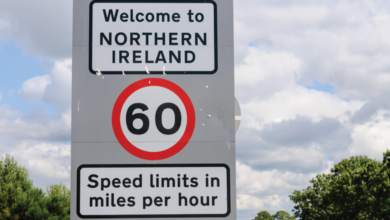Jobs boost in leisure and ICT
 One thousand permanent jobs are due to be created in Longford when UK resort operator Center Parcs opens its first village in Ireland in 2019. The 375-acre site at Newcastle Wood, Ballymahon, will include up to 500 lodges with the capacity for up to 2,500 guests. Around 750 jobs will be created during the construction phase.
One thousand permanent jobs are due to be created in Longford when UK resort operator Center Parcs opens its first village in Ireland in 2019. The 375-acre site at Newcastle Wood, Ballymahon, will include up to 500 lodges with the capacity for up to 2,500 guests. Around 750 jobs will be created during the construction phase.
“This project is a perfect fit with our recently announced tourism policy statement which aims to create 50,000 new jobs by 2025,” Enda Kenny stated. “Center Parcs’ family oriented, high quality, year-round facility will be a major addition to our national tourism infrastructure and I wish it every success.”
Center Parcs CEO Martin Dalby commented: “We are thrilled and excited about the prospect of bringing the Center Parcs concept to families in Ireland. This new Center Parcs will have all of the ingredients that have made us so popular with families in the UK for the last 28 years and I am certain that Center Parcs will be a great success in Longford.”
The news was followed up by another major jobs announcement later in the month when online fashion platform Zalando opened an R&D centre in Dublin’s Silicon Docks – expected to recruit 200 data scientists and software engineers over the next three years.
“Understanding our customers and gaining deep insights into their purchasing patterns and their behaviour online means we can provide them with a personalised and compelling offering,” said founder Robert Gentz. “Investing to understand these insights has driven our growth since the earliest days of our company and has been the key to our success.”





